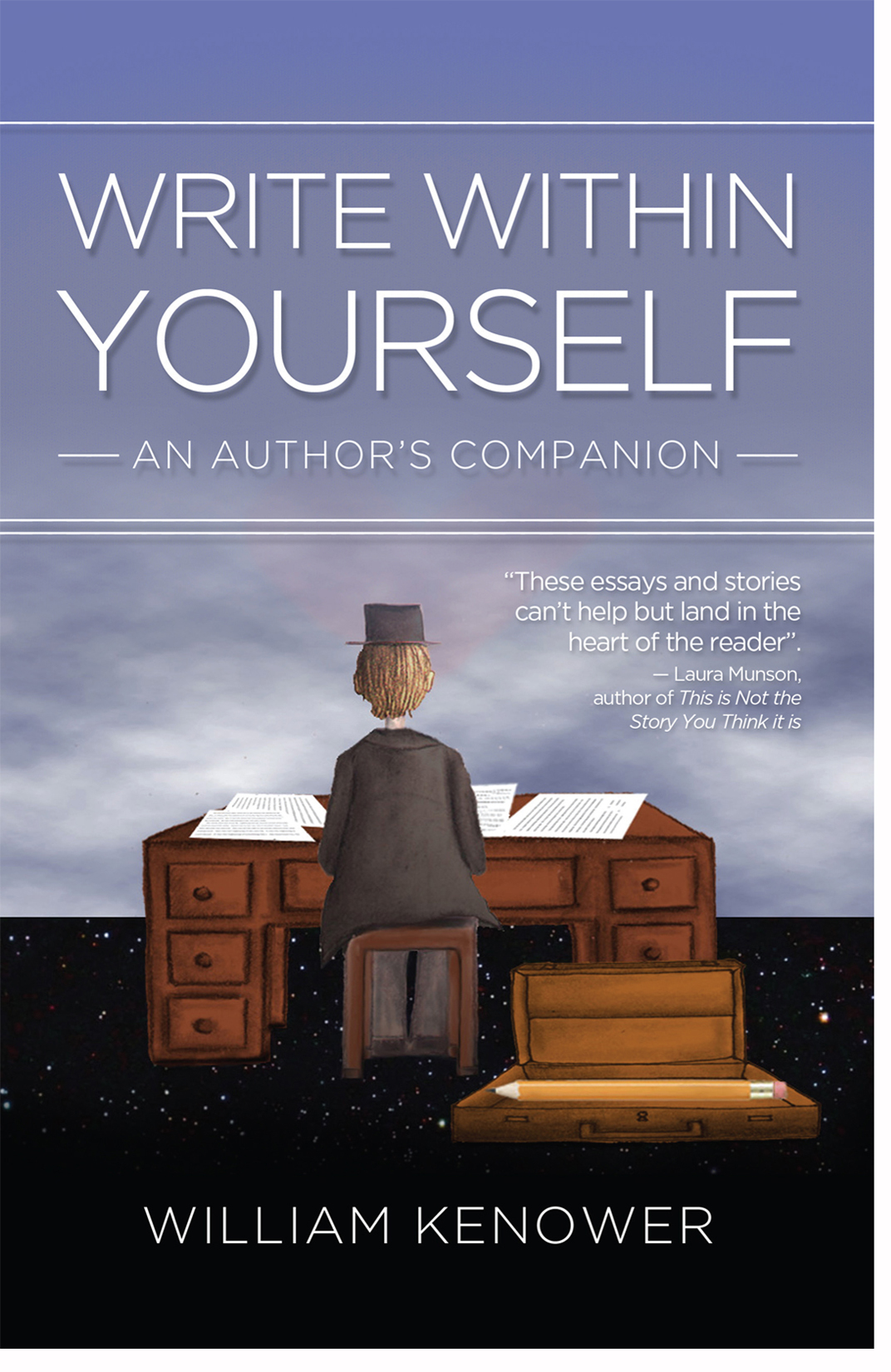Passwords
My sixteen year-old son recently built a computer. This was the first time he’d ever done this, by which I mean not just built a computer (gathered a CPU and a graphics card and a motherboard and a hard drive and some RAM and the cooling fans and assembled them inside a case and attached all the wires from the power supply and downloaded all the drivers), but actually began a significant project and saw it successfully all the way through to its end. It was a proud moment when I poked my head into his bedroom and saw him playing a game on the new computer and asked, “It’s actually working?” and he said, “Of course it’s working!” But that moment did not come so easily. Only a few hours earlier he had declared the project a failure. This was about the fourth time since he began building it that he’d done so. But this time he really meant it. The thing was all put together, and he’d just installed Windows and restarted the computer but he couldn’t log back in. Whenever he entered the password he’d just created Windows told him his password was incorrect.
His password, he believed, was “danknewspookypc.”** He’d even written it down. But Windows didn’t like it. “I just want to use my new computer,” he cried. “I just want to be happy. But I’m locked out!” I suggested he had somehow entered differently. Try different combinations, I said. So he did. It was like watching the queen trying to guess Rumpelstiltskin’s name. Nothing worked. I left his room and retreated to the relative quiet of the living room. He followed me.
“I’m locked out!” he repeated.
“No, you’re not. There’s a way in. There has to be.”
“I’m locked out. It’s just logic, Dad.” He marched back into his room.
“Then quit!” I spat. “If it’s so logical, just quit.”
That was the frustrated writer in me talking. He follows me around even when I’m trying to be a helpful father. He is never helpful. But it’s only because he finds his job so confounding sometimes. The writer must believe in and communicate what lives within his imagination, a dreamlike realm beyond the reach of shared senses. Some days that seems like an impossible task. How can I show my readers what only I can see? Their imaginations are as impenetrable as mine. No thought or story is allowed in without my holy permission. And yet I require entry into my readers’ imaginations to do this job. It is easy on some days to feel quite locked out, barred from happiness by the laws that separate us all.
Meanwhile, my son tried to find other ways in. None worked. So I took him out for lunch, and I told him how awesome he was and reminded him how he’d never tried this sort of thing before. This did not mean much to him. But then we ate pizza and drank soda and talked about stuff besides computers and by the time we got home he thought maybe he’d call Microsoft and ask for help. But then he didn’t. He wanted to try one other thing.
I was in my own room Googling reinstalling Windows when a triumphant cry rang out from across the hall. I jumped up from my desk and ran to his room.
“I left out new,” he said. “The password was just ‘dankspookypc.’ I just got the password wrong.”
A couple hours of downloading drivers later he had a working computer.
Oh, the sweet relief of what we’ve named success. It is an experience from which the dream of writing grows. I’ve thought from time to time of quitting, but it felt too much like quitting life. Whether I call it writing or not, or remembering passwords or not, I will always have to believe in what cannot be seen, but is known instead, as my dreams are known.
**(Author’s note: No real passwords were shared in the writing of this essay).
Write Within Yourself: An Author's Companion.
"A book to keep nearby whenever your writer's spirit needs feeding." Deb Caletti.
You can find Bill at: williamkenower.com


